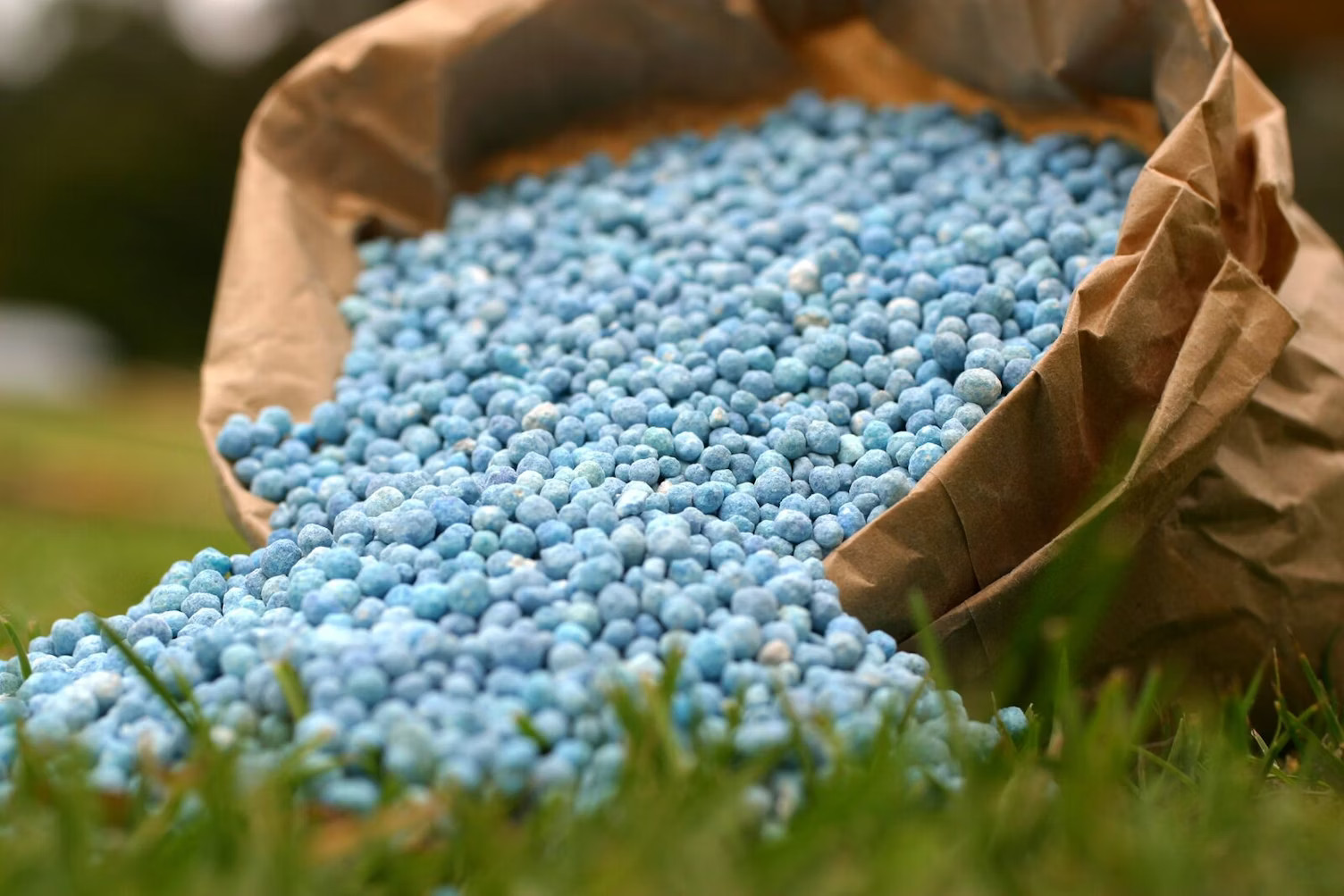Inorganic Fertilizers
Boost crop growth fast with our high-quality inorganic fertilizers. Delivers precise NPK nutrients for maximum yields and quick soil replenishment.

What is Inorganic Fertilizer?
Inorganic fertilizers, also known as synthetic fertilizers, are chemically synthesized and contain specific amounts of necessary nutrients. They provide a quick nutrient boost to plants, making them ideal for short-term growth spurts. These fertilizers are usually water-soluble and can be applied directly to the plant’s roots for immediate absorption. However, using an inorganic fertilizer responsibly is essential to avoid nutrient runoff, which can harm the environment.
Whether you choose to use organic or inorganic fertilizers, remember that the goal is to provide your plants with the necessary nutrients. It’s always a good idea to test your soil before applying fertilizer to understand its nutrient content and pH level. This way, you can choose a fertilizer that complements your soil’s natural nutrient profile.
Types of Inorganic Fertilizers
1. Nitrogen Fertilizers:
Nitrogen is one of the most common fertilizers used in wide farming. Nitrogen is one of the primary macronutrients for plant growth and is essential for forming proteins, chlorophyll, and other important plant compounds. It plays a crucial role in photosynthesis, enabling plants to convert sunlight into energy. Nitrogen fertilizers are widely used to promote the growth of leafy and green crops. These fertilizers come in various forms, including urea, ammonium nitrate, and ammonium sulfate, and are commonly applied to the soil or foliage of plants. When applied, nitrogen fertilizers dissolve in soil moisture and are absorbed by plant roots or leaves. Nitrogen fertilizers are popular because they can significantly increase crop yields and improve plant quality. However, excessive use of nitrogen fertilizers can lead to environmental problems such as water pollution and soil degradation.
2. Phosphorus Fertilizers:
The most common source of phosphorus for plants is through fertilizers, such as superphosphate and triple superphosphate, which contain soluble forms of phosphorus that plant roots can easily absorb. These fertilizers are particularly beneficial for crops that require strong root systems, such as fruits and vegetables, as phosphorus promotes vigorous root growth and enhances plant resistance to stress, diseases, and pests. However, excessive use of phosphorus fertilizers can lead to environmental problems, such as water pollution and eutrophication, and it is important to apply them judiciously based on soil test results and crop requirements.
3. Potassium Fertilizers:
Potassium is particularly important for developing fruits and seeds, increasing their size, quality, and flavor. Plants that receive adequate potassium fertilization also exhibit strong resistance to pests and diseases, as this nutrient helps to strengthen the cell walls and facilitate the transport of nutrients within the plant.
Fertilizers that provide potassium, such as potassium chloride and potassium sulfate, are highly recommended for improving crop yields and quality. Potassium chloride is a common source of potassium, containing 60-62% K2O, while potassium sulfate is a more expensive option that contains 50% K2O and 18% sulfur. Both fertilizers are typically applied to the soil, where they dissolve and release potassium ions that the plant roots can take up. You can help your crops thrive and produce healthy, flavorful, and nutritious fruits and vegetables by ensuring sufficient potassium levels in the soil.
4. Compound (NPK) Fertilizer
Fertilizers that contain varying levels of N, P, and K are known as compound ones. There are different types of NPK fertilizers used in agriculture, depending on nutrient formulations, and each is typically designed to fulfill the needs of a particular crop grown in a particular soil type. Most plants and soil types can benefit from a fertilizing product with an NPK ratio of 10-10-10. Soil types that don’t keep nutrients well, like sandy or clay, may call for fertilizing with a higher NPK level, like 15-15-15.
Make an online enquiry
*We respect your privacy. All information will be kept confidential and will not be sold, rented, loaned or otherwise disclosed.
